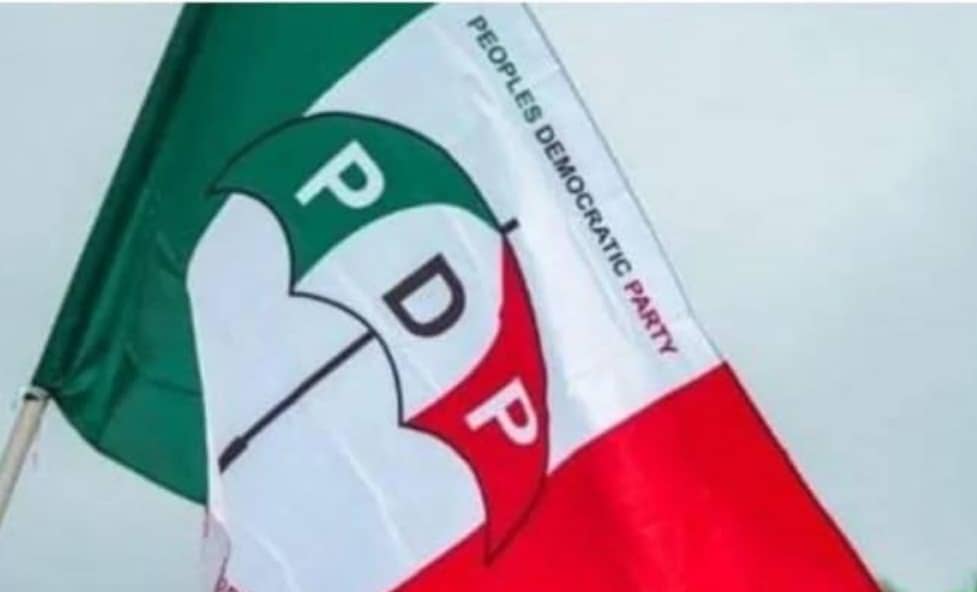The Depot and Petroleum Products Marketers Association of Nigeria (DAPPMAN) has expressed concerns over the fuel distribution scheme implemented by Dangote Refinery, describing it as misleading and potentially detrimental to the industry. This statement comes in response to the recent face-off between the National Union of Petroleum and Natural Gas Workers (NUPENG) and Dangote Refinery.
According to DAPPMAN, Dangote Refinery’s plan to distribute fuel and diesel nationwide using its 4,000 compressed natural gas trucks raises several issues. The association claims that the refinery’s initiative imposes additional financial burdens on petroleum marketers, contrary to the intended goal of providing cost relief to the local market. DAPPMAN notes that marketers are required to lift a significant proportion of their allocations directly from the refinery gantry, using only Dangote-owned trucks and paying commercial rates based on their destination.
This arrangement, DAPPMAN argues, limits operational flexibility and undermines the narrative of cost relief being provided to the local market. Furthermore, the association questions the timing and market impact of Dangote Refinery’s repeated fuel price reductions, suggesting that these actions may be strategically designed to frustrate other businesses within the value chain.
DAPPMAN also alleges that Dangote Refinery has engaged in price discrimination, offering lower prices to international buyers while quoting higher rates to local off-takers. This practice, the association claims, contradicts public-facing claims of prioritizing Nigerians and places unnecessary burden on domestic businesses already operating under tight margins.
The controversy surrounding Dangote Refinery’s fuel distribution scheme has sparked concerns among industry stakeholders, including NUPENG, which has accused the refinery and the government of attempting to crush the union and other players in the downstream sector. As the situation continues to unfold, it remains to be seen how the fuel distribution scheme will impact the industry and the broader economy. The developments underscore the need for transparency and fair competition in the petroleum sector, as well as the importance of protecting the interests of domestic businesses and consumers.



